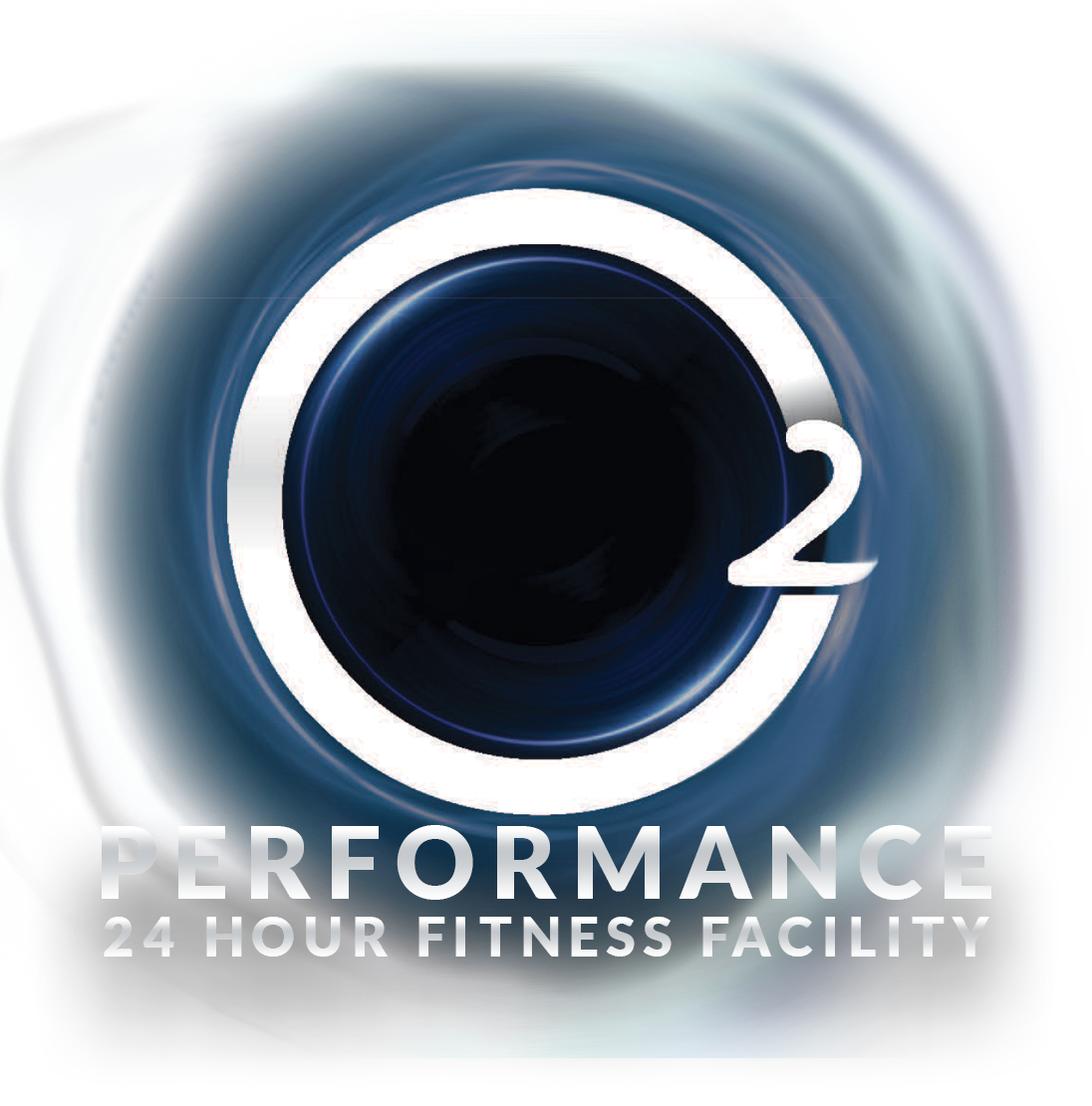Knowing When To Skip The Gym
In our fast-paced lives, prioritising fitness often feels like a non-negotiable. The pressure to hit the gym regularly can be intense, but what if I told you that sometimes, skipping a workout could be the best thing you do for your body? Striking the right balance between pushing yourself and allowing your body to rest is crucial for overall well-being. In this guide, we'll explore the art of listening to your body and understanding when it's okay to take a day off from the gym.
The Science Behind Rest Days
Our bodies are complex systems that need time to recover and repair. Pushing too hard without adequate rest can lead to burnout, injuries, and even a decline in performance. Understanding the science behind rest days is crucial for making informed decisions about your fitness routine.
Your muscles need time to repair and grow stronger after a workout. When you exercise, you create micro-tears in your muscle fibres. It's during the recovery period that these tears heal, resulting in increased muscle mass and strength. Without proper rest, this process is disrupted, and you might find yourself hitting a plateau or, worse, facing overtraining issues.
Additionally, overtraining can have a significant impact on your immune system, making you more susceptible to illness. This is why rest days are not a sign of weakness but rather a strategic move to enhance overall fitness and health.
Listen to Your Body's Signals
Your body is a remarkable machine, constantly sending signals about its condition. The key to optimal fitness is learning to listen to these signals and responding accordingly. Pay attention to how you feel both during and after workouts. If you experience persistent fatigue, soreness, or a decline in performance, these are signs that your body may need a break.
Muscle soreness is a natural part of the fitness journey, but there's a fine line between the usual discomfort and excessive pain. If you find yourself struggling to get out of bed or perform daily activities due to soreness, it might be time to schedule a rest day. Ignoring these signals can lead to more severe injuries and a longer recovery time in the long run.
Mental fatigue is another crucial factor to consider. If the thought of going to the gym fills you with dread or if you're constantly feeling burned out, it's okay to take a step back. Mental and emotional well-being are integral parts of overall health, and pushing yourself too hard can negatively impact these aspects.
Adapt Your Routine to Your Lifestyle
Life is unpredictable, and sometimes external factors may impact your ability to maintain your usual workout routine. Whether it's a hectic work schedule, family commitments, or unexpected stressors, adapting your fitness routine to accommodate these changes is a sign of a mindful approach to health.
It's essential to recognise when external factors are affecting your physical and mental well-being. If you're sleep-deprived, dealing with high-stress levels, or simply in need of some extra recovery time, consider modifying your workout schedule. This could involve incorporating more rest days or opting for lighter, less intense activities during challenging periods.
By being flexible and adapting your routine to your current circumstances, you're fostering a sustainable and balanced approach to fitness. Remember, it's not about perfection but about consistency and longevity.
The Role of Nutrition in Recovery
Rest days are not just about physical rest; they're also an opportunity to nourish your body and support its recovery. Proper nutrition plays a crucial role in the effectiveness of your rest days. Focus on consuming nutrient-dense foods that aid muscle repair and reduce inflammation.
Hydration is often overlooked but is equally vital. Staying well-hydrated supports your body's natural healing processes and helps prevent muscle cramps and fatigue. Consider incorporating foods rich in antioxidants, omega-3 fatty acids, and protein into your diet to enhance recovery.
Embrace the Wisdom of Rest
In a world that glorifies constant hustle, it's essential to recognise the value of rest in achieving optimal health and fitness. Knowing when to take a day off from the gym is not a sign of weakness but a strategic move to unleash your body's full potential. Listen to your body, adapt your routine to life's ebbs and flows, and nourish yourself both physically and mentally. The true art of fitness lies in the delicate dance between pushing yourself and allowing yourself the grace of recovery.


